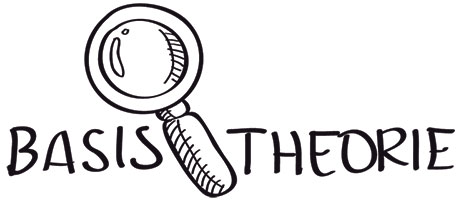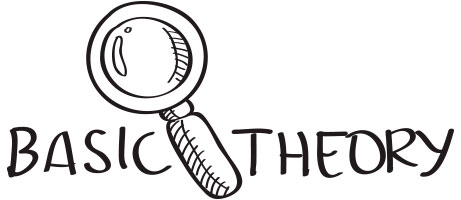The eight dimensions
How we live them makes us unique.
How we understand and use them takes us forward.
Many years of intensive research have led us to identify eight behavior dimensions which play a fundamental role in decision-making. These differ from person to person.
Every one of us is invested with all eight dimensions of decision-making. Their level of intensity, and how we link them to each other, play a decisive role in our own personal way of making decisions.


Energetic
Addresses problems in a resolute, vigorous, amibitious, determined manner and is willing to take risks; always remains optimistic and confident of success

Pragmatic
Primary interest lies in reaching realistic, facts-based, logical and workable solutions quickly; "puts square pegs in square holes"

Solicitous
Conscientious, systematic, structured and controlled approach; prepares decisions thoroughly

Flexible
Looks inquisitively and with an open mind for creative, ingenous solutions which embrace and encourage changes rather than turn established procedures into routines

Intuitive
Places far more importance on "gut feelings" than rational logic when making decisions and resolving problems

Communicative
Takes care to involve the social surroundings in decisions; strives to find possible consensus decisions in coperation with others

Autonomous
Strives to develop and adopt an independent position to a given situation, seeks own route do decisions and solutions autonomously and independent of others; sets and follows own standards

Balanced
Approaches problems calmly and with poise ("strength comes from inner peace"), sticks to the "main issues", makes balanced judgements, acts with due deliberation and strives for lasting results

The theoretical background behind the tool.
When we began developing the KAIROS® decision profile, our key initial questions were as follows:
- What lies at the psychological core of a person’s decision-making?
- What makes decision-making difficult at times, be it on the rational level, the emotional level or both?
To gain a complete picture of the spectrum of people’s habits and behavior when solving problems and making decisions, we studied a whole range of methodological approaches, psychological decision mechanisms and personality tests with a sound theoretical background.
Fritz Riemann
and his work on biographical basic characteristic and on individual approaches to dealing with fear and uncertainty (distance, vicinity, order, change).
Michael Balint
and his analytical deliberations on thrills (a mix of fear, pleasure and confident hope in face of an external danger) and regressions.
Interviews
with managers at different levels of the hierarchy and from different sectors as well as with personnel managers and consultants. This produced an extensive collection of valuable information on the introspective experiencing and describing of decision-making behavior.
Surveys
of typical representatives of target groups regarding decision-making and problem-solving attributes. A frequently practiced method in personality psychology (attribution, noematic).

Data and Observation
Many years of results of individual assessments, top executive management audits and assessment centers with mid-level managers.
Here, we specifically looked at how these groups of people handled concrete management problems and work-related decisions. This was supplemented by a continual, detailed analysis of interview data, the results of relevant personality tests, etc. The broad range of different and personal problem-solving strategies and decision-making patterns identified in this work was fed into the development KAIROS.
The Construction of the Tool
To ensure statistically significant reliability and validity (which presuppose minimum frequencies):
- the questionnaire contains 224 terms (items)
- the forced preference building consists of 112 pairs of items (preference decisions)
- each dimension is represented by 28 items (descriptions of behavior)
- each dimension is contrasted 4 times with each of the others
The scale measures describable work behavior in dealing with problems and making decisions. It “measures” here behavior, but not characteristics and traits. While behavior is, of course, also always an expression of the underlying attitudes, convictions, values and traits (cf. the Eysenck Personality Questionnaire), it does not legitimize premature “psychologizing”, but instead necessitates interpretation of the data used in the scale.
We continually validate KAIROS using regular correlation analyses and validity studies and update it to reflect the constantly growing total sample.
If you would like to find out more about the methods and database behind the KAIROS Decision Profile, please contact us directly and we will be happy to supply you with further information.




